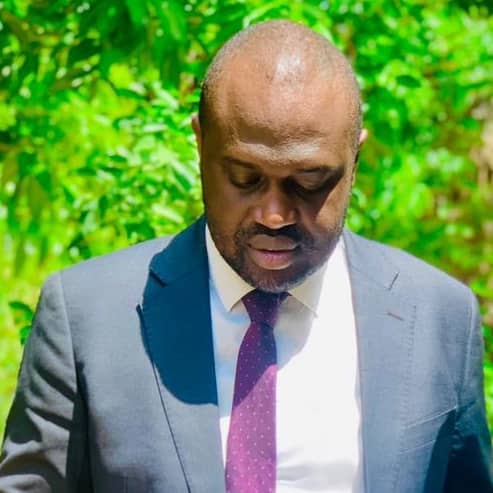
Human rights lawyer and activist Samuel Ihensekhien has expressed his opinion on recent press releases by the Nigerian Police to investigate and prosecute entertainers who use police attire in an unauthorized manner for skits and entertainment purposes. Earlier this week, news circulated about a press release from the Nigeria Police Force, announcing plans to press criminal charges against skit makers and content creators who use costumes resembling Nigeria Police Force attire without authorization. The Police, through their spokesperson, cited this as a violation of sections 251 and 133 of the Criminal Code and Penal Code, respectively. I have taken note of this development and wish to respond as follows:
- I wish to assert that the criminalization of skits and content creation depicting scenarios related to the Nigeria Police is unconstitutional. The Nigeria Police Force partly relies on section 251 of the Criminal Code Act to justify their stance, stating that: “Any person who, not being a person serving in any of the armed or police forces of Nigeria, wears the uniform of any of these forces, or any dress having the appearance or bearing any of the regimental or other distinctive marks of any such uniform, in such manner or in such circumstances as to be likely to bring contempt on that uniform, or employs any other person so to wear such uniform or dress, is guilty of a simple offense, and is liable to imprisonment for three months or to a fine of forty naira.”
This provision seeks to penalize individuals who wear uniforms in a way that could bring “contempt” upon those uniforms. In other words, if wearing the uniform does not bring disrepute to the armed or police forces, an individual should not face criminal punishment. This law appears to discriminate against content creators and entertainers who use police attire in a way that may not align with the Police’s desired image. Such viewpoint restrictions are forbidden by the Constitution.
- In Arthur Nwankwo v. The State (1985) 6 NCLR 228, the Nigerian Supreme Court stated: “The decision of the founding fathers of the present Constitution, which guarantees freedom of speech, must include freedom to criticize, and should be praised. Any attempt to derogate from it, except as provided by the Constitution, must be resisted. Those in public office should not be intolerant of criticism regarding their office to ensure accountability to the people. They must develop thick skins and, where possible, plug their ears if they feel too sensitive.”
Based on this, the position of the Nigeria Police—that using attire similar to theirs in skits is criminal—is unconstitutional insofar as it aims to punish expressive content that may not reflect positively on the Police. Any law that seeks to prohibit or punish entertainment expression based on its subject, content, or viewpoint is presumptively unconstitutional.
- Through this article, I am advising the Nigeria Police Force that any attempt to arrest or prosecute skit makers or content creators on this issue would result in a significant public interest court case against the Nigeria Police. Such an action would be viewed as an attempt to penalize innocent Nigerian citizens for a non-existent criminal offense.
- I acknowledge the Nigeria Police’s stance on this matter, but I wish to emphasize that comedy and entertainment are now recognized forms of expression in Nigeria. There is no legal basis for any security agency to halt the production of comedy skits in the country.
- I hope this article reaches the Nigeria Police and provides clarity, thus boosting the morale of content creators and comedians in Nigeria. Using police attire or similar uniforms in skits for entertainment purposes is not illegal, and this should not deter or demoralize content creators or skit makers.
Thank you, everyone, and God bless.